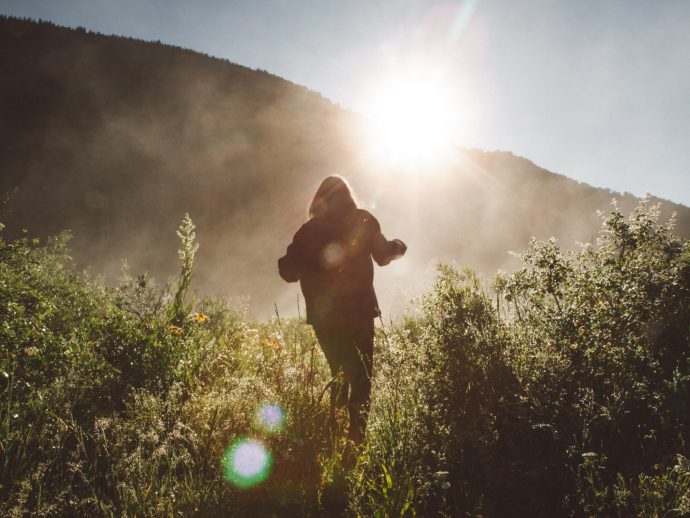Tips for city-dwellers
Step outside. How wild is the landscape you’re in? It could be a garden patch or the canopy of trees you walk under if you live in the city, and the wildlife that calls it home. Biodiversity, (defined as the variety of organisms that exist in a certain environment) human-managed or not, is an essential contributor to our well-being, physical and mental. We feel better when close to nature, which is why we need to redesign shared habitats to address this inescapable and worthwhile connection.
Scientific benefits to nature?
“Biodiverse nature has the most impact on our mental well-being, which seems to be due to the increased multisensory engagement such as sounds from animals in habitats, diverse scents from a range of flowers, and different textures of plants,” says Dr. Zoe Myers, researcher at the University of Western Australia and author of Wildness and Wellbeing—Nature, Neuroscience, and Urban Design (Palgrave Macmillan, 2020).
Nature in its myriad forms, Myers explains, interacts with our many different senses all at once, which has been shown to amplify the beneficial restorative, relaxing, and invigorating effects.
Biodiversity and mental well-being
The answer to the quest for finding the magic cure to all ills, body and mind, might be as practical as tying your shoes and going for a walk. Scientists have now concluded that nature comes as close as possible to the panacea we’ve sought over centuries.
Even from behind a window, nature viewing can boost recovery after surgery. Exercising in the outdoors boosts people’s moods, self-esteem, and ability to see things in a positive light, while lowering frustration, worry, and anxiety levels.
Getting outside for a stroll and passing by a tree canopy can lower your stress and improve your overall health because trees not only increase the oxygen concentration in the urban landscape but also remove pollutants, particulate matter, and dust.
Being in the proximity of nature also decreases the risk of chronic disease such as cardiovascular disease and diabetes, and it can combat loneliness and sedentarism, all of which improves overall mental health.
Also, getting your hands dirty (literally) is great therapy and a sure way to achieve a connection with your surroundings, which is calming and psychologically nourishing.
Go “wild-ish”
“The good news is that research shows us nature can be ‘wild-ish’ and still offer similar opportunities for restoration, creativity, and relaxation without having to go on a three-day retreat in the wilderness,” says Myers.
The how-to, she adds, can be as simple as “simply letting grass or flowers grow in road reserves, on verges, and along fences, rather than mowing them or crafting them into a particular aesthetic. This can be enough to create wild-ish nature that can transform your neighborhood or city, and positively impact your life.”
Quick tips to boost your time in nature
- Plant a garden
- Go for a daily walk
- Exercise outdoors
- Eat lunch al fresco
- Volunteer with rewilding and conservation groups
- Join a nature club

